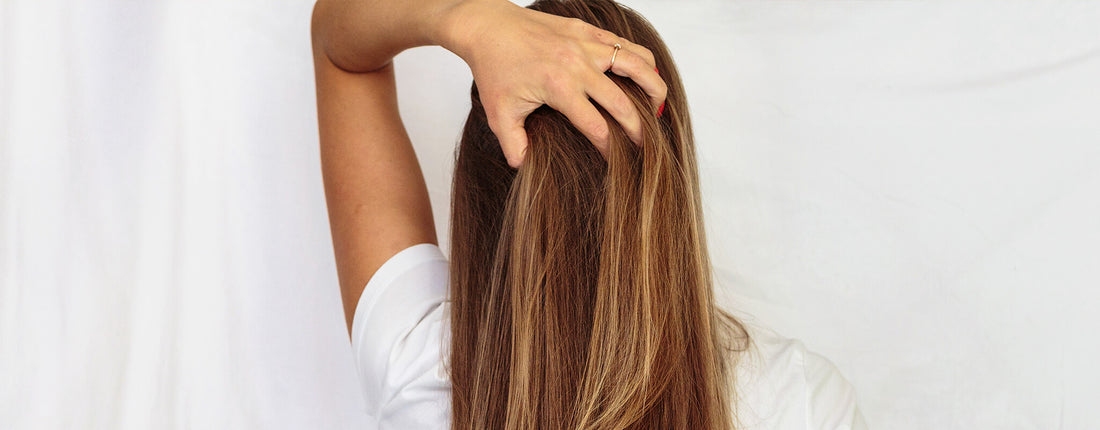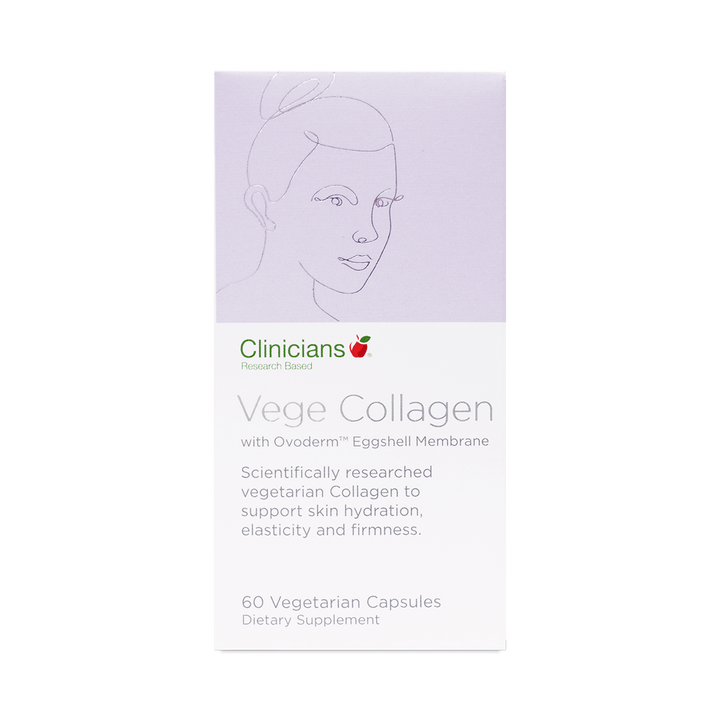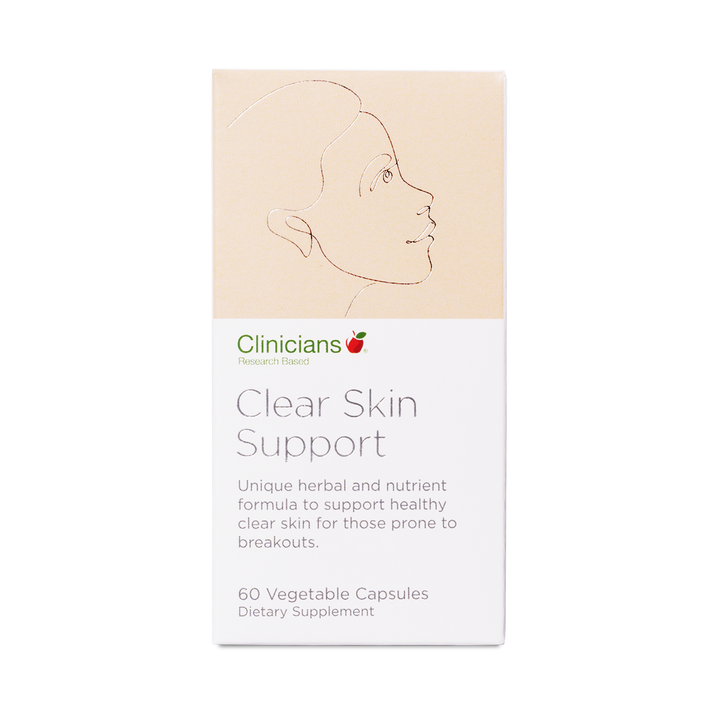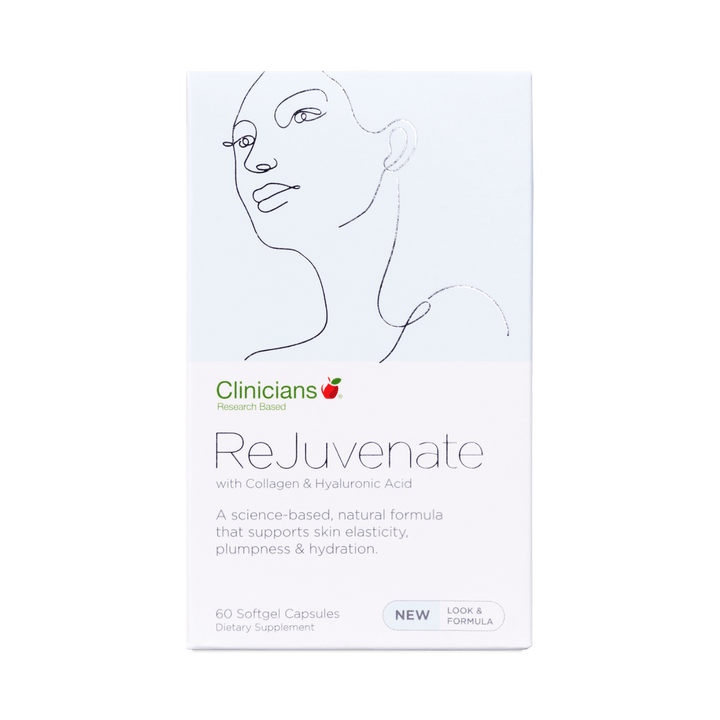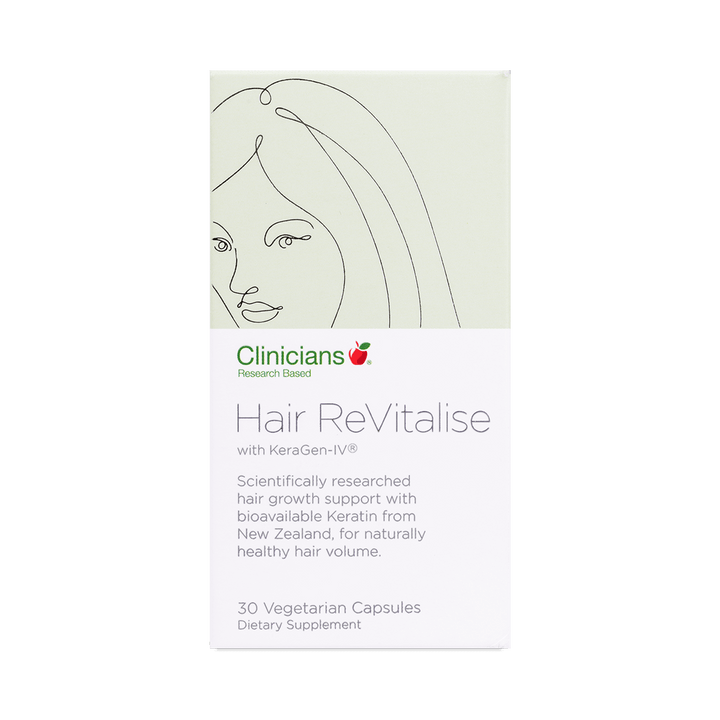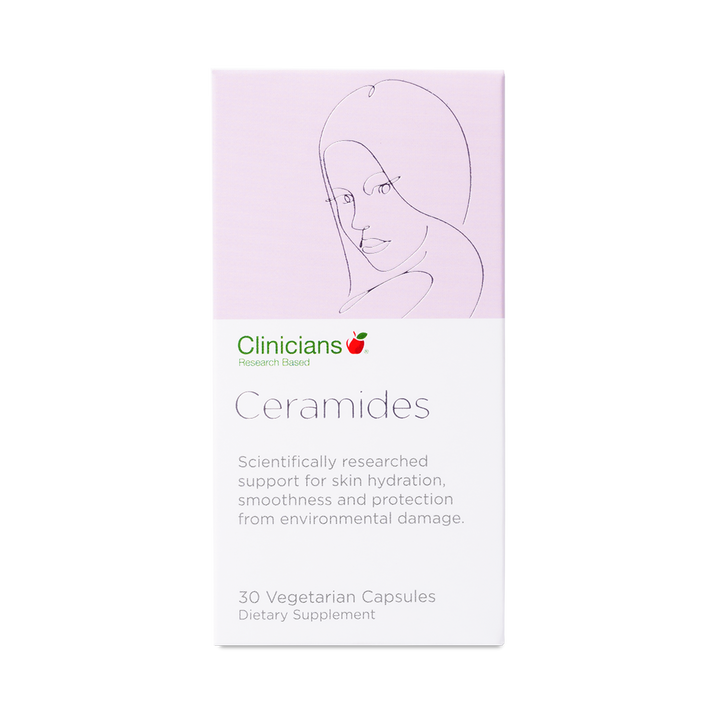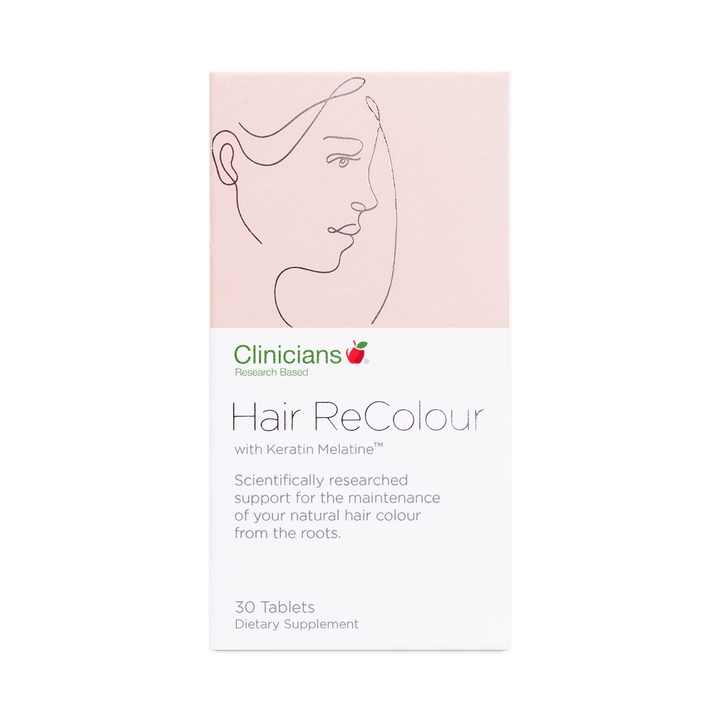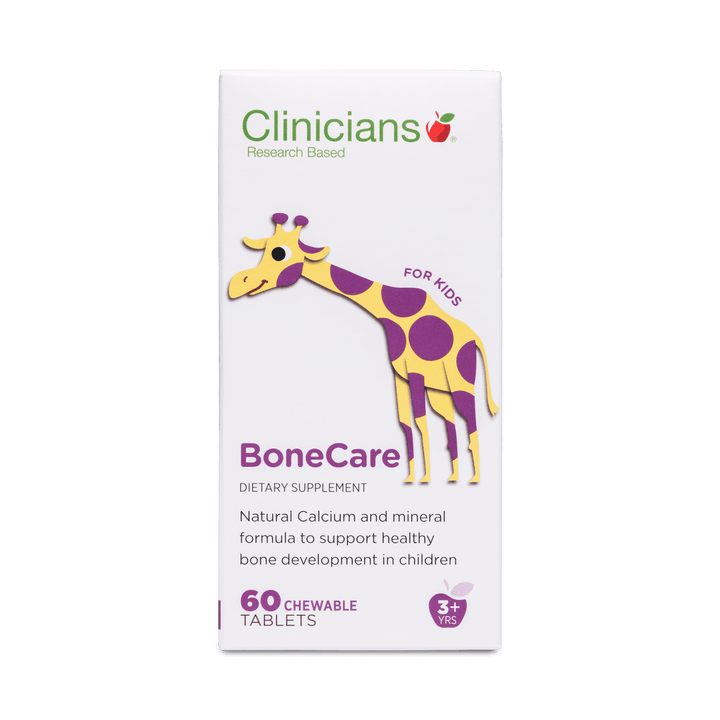Dry, oily, prone to breakage or thinning. How do you support your hair as it changes? Well, what we eat can make a big difference. Find out how your diet can help keep your hair in tip-top condition.
If your hair is your 'crowning glory', you're not alone. Many women have a strong attachment to their hair. We often feel like it's part of our identity. So, it's understandable to feel a little anxious when we notice changes.
What affects the health of your hair?
There are a number of things that influence the health of your hair, resulting in changes.
For example:
- Genetics
- Stress
- Long-term exposure to chemicals or pollution
- Medications
- Ageing
- Hormonal changes
- A current health condition
- Diet
The good news is, some of those things we can control – like our diet and making sure we eat the right nutrients.
What are some key nutrients for healthy hair?
Hyaluronic Acid
Good for: Dry hair
Hyaluronic Acid is a chemical naturally produced by the body and found in our skin, tissue and eyes. It holds water, keeping our cells hydrated and moist.
Our scalp has a layer of skin that is nourished by foods containing Hyaluronic Acid. If there is not enough moisture within that layer of skin, it can affect the hair follicles making them brittle and dry.
To helps infuse the hair with the moisture it needs, it's important to eat foods that boost Hyaluronic Acid production.
Good sources of Hyaluronic Acid include:
- Citrus fruit
- Carrots
- Dark red fruit and vegetables (cherries, strawberries, red grapes, beetroot, red peppers)
- Leafy, green vegetables
- Avocado
- Flaxseeds
- Walnuts
Biotin (Vitamin B7)
Good for: Hair follicles, hair growth
Hair is mostly made of a protein called Keratin. Biotin encourages Keratin production and may support the speed of how fast hair follicles grow.
When it comes to your healthy hair, it's a pretty key player! But our bodies don't store this nutrient for long, so we need to replace it regularly through diet.
Good sources of Biotin include:
- Pâté from chicken liver
- Egg yolks
- Soybeans
- Oat bran
- Desiccated coconut
- Roasted peanuts (unsalted)
Collagen
Good for: Hair growth, hair volume
Collagen makes up about 70% of the skin on your head. Along with its antioxidant properties, collagen contributes to the elasticity and strength of the skin, which holds hair follicle roots in place. This makes it a key nutrient for supporting the volume of hair. (Antioxidants are a substance that can help repair damage from environmental stressors, like pollution, over-styling hair and UV exposure.)
Collagen, especially from fish scales, may have particularly powerful antioxidant activity. Don't worry, that doesn't mean you have to eat a plateful of fish scales! (Although canned sardines are a great source). This type of collagen is often purchased in an unflavored powder form as 'Marine Collagen', a supplement that can be added to drinks or smoothies. For example, our delicious berry smoothie recipe!
Marine collagen also contains proline, which is the main ingredient of Keratin. Adding proline-rich collagen to your diet can provide your body with the building blocks it needs to grow hair.
Other sources of proline-rich collagen include high-protein foods like:
- Bone broth
- Organ meats
- Beef and chicken
- Eggs (yokes)
- Dairy
- Red kidney beans. lentils and chickpeas
Astaxanthin
Good for: Hair growth, hair volume, greying hair
Astaxanthin is a naturally occurring antioxidant. It is the substance that gives a pink or red colour to living things such as salmon, trout, and crustaceans like shrimp, crab and lobster.
The antioxidant properties of astaxanthin help protect hair follicles when they're exposed to too many environmental stressors. There is also some evidence to suggest it can help slow the greying of hair.1
Astaxanthin is essential if you want to support hair growth and volume, but it's not a substance we produce in our bodies. That means it has to come from our diet.
Good sources of Astaxanthin include:
- Red-hued seafood, like the ones we mentioned earlier!
- Red Algae, like seaweed
Vitamin D
Good for: Hair growth, hair follicle health
This is a nutrient that we can sometimes run low on. One of the key sources of Vitamin D is absorption via sunlight on the skin. By using sunscreen to protect our skin from harmful UV rays or spending a significant amount of time indoors, we begin to absorb less and less of it.
When it comes to hair, Vitamin D influences hair health by supporting the hair follicles. The healthier the hair follicles, the more likely you'll grow strong hair that's less prone to breakage.
Vitamin D deficiency signs are quite subtle, so a good place to start is by monitoring how much time you spend in the sun and what changes you could make to your diet.
You'll still need to wear sunscreen, so if you need to increase your Vitamin D try foods like:
- Oily fish, like salmon, canned tuna, sardines
- Egg yolks
- Dairy (yoghurt and milk)
- Mushrooms
- Vitamin supplements and fortified foods
Zinc
Good for: Hair growth, hair follicle health, hair loss
This mineral is important for hair in a number of ways.
Zinc helps to build hair and support its healthy growth. It's also essential for supporting the body’s normal hormone levels. This is relevant to hair, as hormonal imbalances may affect hair thickness.
If you think you're low in Zinc, here are some other signs to look for:
- Stretch marks
- White spots on the nails
- Mouth ulcers
- Poor wound healing and immunity
- Poor sense of taste and smell
- Loss of appetite
If you think you need more Zinc in your diet, try:
- Legumes, like beans or lentils
- Meat, especially red meat
- Nuts (like cashews and peanuts)
- Seeds (like hemp and sunflower)
Got questions?
Remember, too much of a good thing can be a bad thing! So make sure if you are making changes to your diet, do it in moderation.
If you'd like personalised advice on vitamins and supplements that can support naturally healthy hair, please get in touch. You can book a free appointment with one of Clinicians' in-house Naturopaths.
References:
1https://www.jstage.jst.go.jp/article/jaam/6/4/6_4_15/_article


